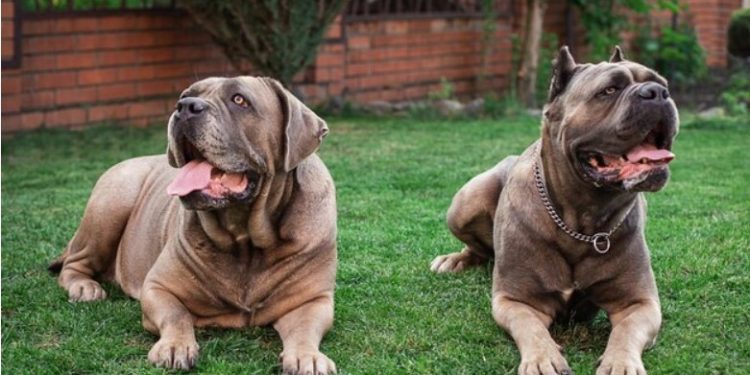Dogs, often dubbed as man’s best friend, come in a plethora of breeds, each with its unique characteristics. While many are known for their loyalty and affectionate nature, some have earned a reputation for being labeled as “aggressive.” In this exploration, we’ll sift through the myths and realities surrounding so-called aggressive dog breeds.
Understanding Aggression in Dogs
Before delving into specific breeds, it’s crucial to understand that aggression in dogs is a complex trait influenced by various factors, including genetics, training, socialization, and individual temperament. While certain breeds might have a predisposition to assertiveness, it doesn’t determine the behavior of every individual dog.
Breeds Often Mislabeled as Aggressive
You’re probably wondering which breeds of dogs are often mislabeled as aggressive. Here is a short list of dog breeds which many un-informed people mislabel as aggressive.
Pit Bull Terrier
Myth: Pit Bulls are inherently aggressive.
Reality: Pit Bulls, when properly socialized and trained, can be affectionate and gentle. Their bad reputation often stems from misconceptions and media portrayal.
Rottweiler
Myth: Rottweilers are dangerous guard dogs.
Reality: Rottweilers can be excellent family dogs with proper training. Their protective nature is an asset when balanced with socialization.
German Shepherd
Myth: German Shepherds are prone to aggression.
Reality: German Shepherds are known for their intelligence and versatility. Their behavior is heavily influenced by training and socialization.
Factors Influencing Dog Aggression
As our beloved furry friends, there are some factors that could cause them to become unnecessarily aggressive. Dogs that aren’t exposed to various environments, people, and animals during their formative months may display fear-based aggression.
Aggressive behavior can be inadvertently reinforced through improper training methods. Positive reinforcement is key to encouraging desirable behavior. While genetics play a role, responsible breeding practices and proper training can mitigate aggressive tendencies.
Debunking the Aggressive Stereotype
Let’s debunk some of the most popular aggressive stereotypes amongst dogs.
Chow Chow
Reality: Chows can be aloof but are not inherently aggressive. Early socialization is vital for a well-adjusted Chow Chow.
Doberman Pinscher
Reality: Dobies are known for their loyalty and intelligence. Aggression is rare when raised in a loving environment.
Boxer
Reality: Boxers are playful and energetic. Aggression is not a breed characteristic, but socialization is crucial.
Promoting Responsible Ownership
Enroll your dog in training classes that focus on positive reinforcement. This helps build a strong bond between you and your pet. Expose your dog to various environments, people, and animals from an early age. Positive experiences reduce the likelihood of fear-based aggression. Regular check-ups ensure that any health issues impacting behavior are addressed promptly.
Nurturing Well-Behaved Canine Companions
While certain breeds might have characteristics that need careful handling, it’s essential to approach the topic of aggression with nuance. Responsible ownership, proper training, and early socialization play pivotal roles in shaping a dog’s behavior.
Remember, a dog’s temperament is a culmination of genetics, upbringing, and environment. By demystifying the stereotypes around aggressive dog breeds, we pave the way for a more informed and compassionate approach to canine companionship.











